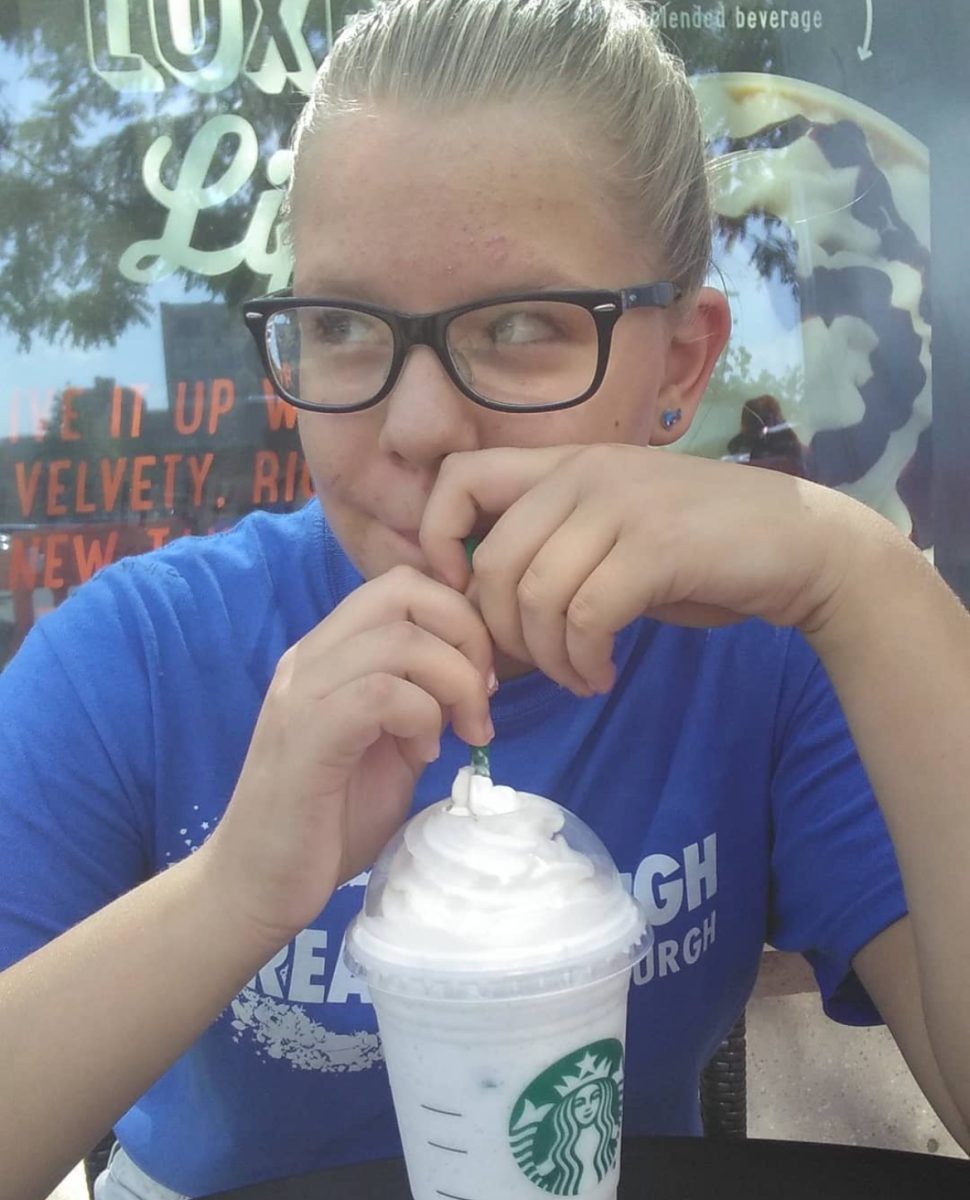By LYDIA JONES
Contributing Writer
I have asthma. I currently have a broken ankle. I also have depression. As you might have guessed, this article isn’t about my asthma, or my ankle (although I could rant for a while about crutches and ice). It is about depression and anxiety.
When I was a freshman here at Allegheny, I had the perfect life. I had made amazing friends, a terrific boyfriend, a supportive family and the biggest room in Baldwin. However, when I came back early from winter break for Emerging Leaders Retreat, I felt a gloom had fallen over me. Nothing had changed, but I was sad. I had seen a counselor a few times in the fall for general stress, but I knew this was different. I was panicking. Maybe something was wrong with my relationship? My friendships? My classes? In an effort to figure out what was wrong with me, I sought the help of a classmate who had also returned early. He calmed me down and told me, “I don’t know what is happening, but God does and people love you”, as he put his hand on his Bible. I am not particularly religious, but that moment stuck with me, because it made me realize that I am not alone.
The next few months were hard. I wasn’t doing well in classes, I didn’t eat a lot, and I was sad. More than sad. When Springfest came, I felt like I was going to explode with an inexplicable urge to cry. All the time. I think if I was honest with myself, I would have gotten help earlier, but a stigma of mental illness covered our campus and I couldn’t push that aside to admit that I was depressed. The Tuesday after Springfest I was carried to the counseling center and I was referred to a psychiatrist. Being diagnosed with depression and anxiety was one of the best things that has happened to me. It made me feel like I wasn’t making it up. It wasn’t my fault, and I could get help.
I am writing this, not to give you my life story, but to show you that mental illness can come in all shapes and sizes. I have had a successful four years of college, engaging in many activities and holding leadership positions wherever I could. I would not say I am perceived as a negative person. I went months feeling like I was the only one in the world fighting through the darkness when, in reality, one out of four students ages 18 to 24 suffer from a mental illness. Depression is an illness that varies in severity, just as an asthma attack varies in strength. I have been lucky. I have been able to control it with medication. This is not to say it doesn’t affect my life. There are days that remind me why I take that oval pill every night. These are the days that I can’t seem to see the good things in life. But for some, the dark days overpower lives. This illness is real, and should be taken very seriously.
Countless times, I have wanted to expose my illness to others, in the hopes of easing a worried mind, but have been too scared. I was scared that people would think that every time I heard something negative I would cry. This is a misconception that I face frequently. One of the hardest things to comprehend about mental illnesses is the lack of “if-then” solutions. For example, if I have an asthma attack, then you give me an inhaler. If I break my ankle, then you wrap it in a cast. However, if I am crying, it doesn’t mean I am depressed. If I miss class, it doesn’t mean I am depressed. But then again, sometimes it does. This lack of clarity makes it impossible for outsiders to understand the inner-workings of the illness. Oftentimes, I feel the weight of depression for absolutely no reason other than the chemicals in my brain have decided to run rampant. I might be depressed walking along the sunny beach with my best friends, but feel completely fine after receiving a bad grade in the middle of a Meadville winter.
Mental health awareness on college campuses is important to me. Stigmatization prevented me from getting help when I needed it. I started Active Minds at Allegheny because I want to help people like me- people who are scared to reach out for fear of judgment or being misunderstood. The club will continue to break down these walls. I want to change the conversations so you can ask me what anti-depressants I am on, just as you might ask what kind of inhaler I use. Thinking back to the phrase “I don’t know what is happening, but God does, and people love you”, I have found my faith in the people who have taught me what it means to be accepted, no matter what. People who understand and who are willing to listen. Let’s talk about it, because I do know what is happening, and people love you.





